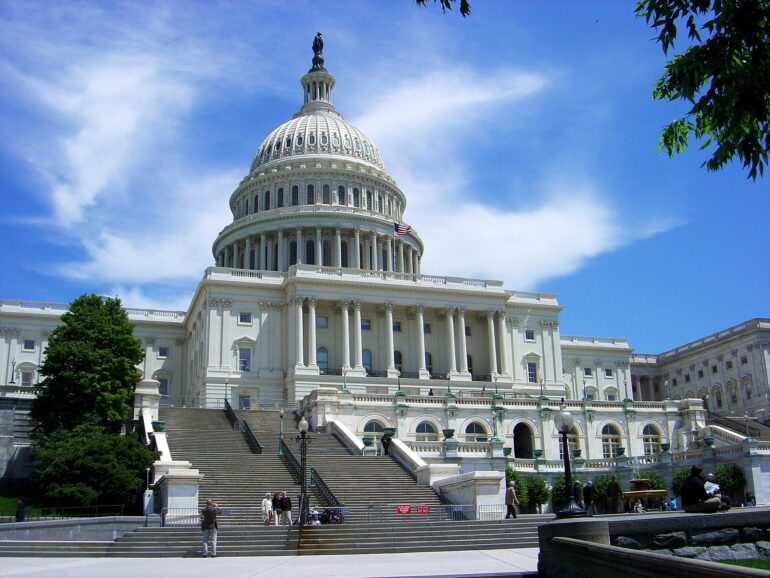In another dramatic episode during the Senate debate over the sweeping “One Big Beautiful Bill,” lawmakers reportedly rejected a proposed tax increase on millionaires—a move that underscores the ideological tensions roiling the Republican Party as it pushes through a package of tax cuts and budget reductions that critics say favors the wealthy.
The failed amendment, introduced by Senator Susan Collins, would have imposed higher marginal rates on individuals earning over $25 million and couples making more than $50 million annually.
Despite support from seventeen Republican senators in addition to Collins, the proposal was overwhelmingly defeated, 78 to 22, signaling broad Republican resistance to revenue-raising measures in the $3 trillion bill.
The amendment’s collapse reflects internal conflict within the GOP. President Trump, the chief architect of the bill, has offered mixed signals: he reportedly suggested that he “probably would not” oppose such a millionaire tax but later urged Republicans to avoid raising rates on wealthy Americans.
That ambiguity highlights his effort to balance fiscal appeal to the middle class with the traditional GOP aversion to tax hikes on the rich.
Proponents of the proposal argued it would fund middle-class tax relief and preserve key social programs targeted by the bill, including Medicaid, food assistance, and green-energy incentives.
Yet critics warned that a tax hike on millionaires would dampen economic growth and anger high-earning constituents—even as the bill largely maintains the 2017 Trump-era tax cuts for top earners.
Economists have raised fresh concerns about the legislation. The Congressional Budget Office projects it could expand the national debt by $3.3 trillion over the next decade, a figure that critics say could be mitigated in part by taxing the ultra-wealthy.
But fiscal conservatives on the Hill remained unconvinced, arguing that broad-based tax breaks and deficit reduction measures outweighed any gains from a millionaire levy.
Beyond the Senate, House Republicans had similarly dismissed the notion of a wealth tax, effectively shelving it from the outset. Their stance reflects a broader ideological consensus resisting wealth-based tax adjustments, even amid populist pressure to “take care of the middle class.”
As lawmakers prepare to resume the marathon “vote-a-rama” process through the weekend, the rejection of the millionaire tax amendment sharpens the focus on who stands to gain most—from ultra-affluent individuals to everyday wage earners.
While backers of the legislation frame it as a boost for working families and long-overdue rollback of excessive government, opponents contend it risks deepening inequality and destabilizing critical safety nets.
With Senate procedural hurdles narrowing and the House deadline looming before Independence Day, Republicans face a pressing choice: adhere to traditional fiscal conservatism or break with convention in the name of political expediency.
[READ MORE: Supreme Court to Hear Landmark Republican Challenge to Election Law]



